A cryptocurrency is a new form of digital money that
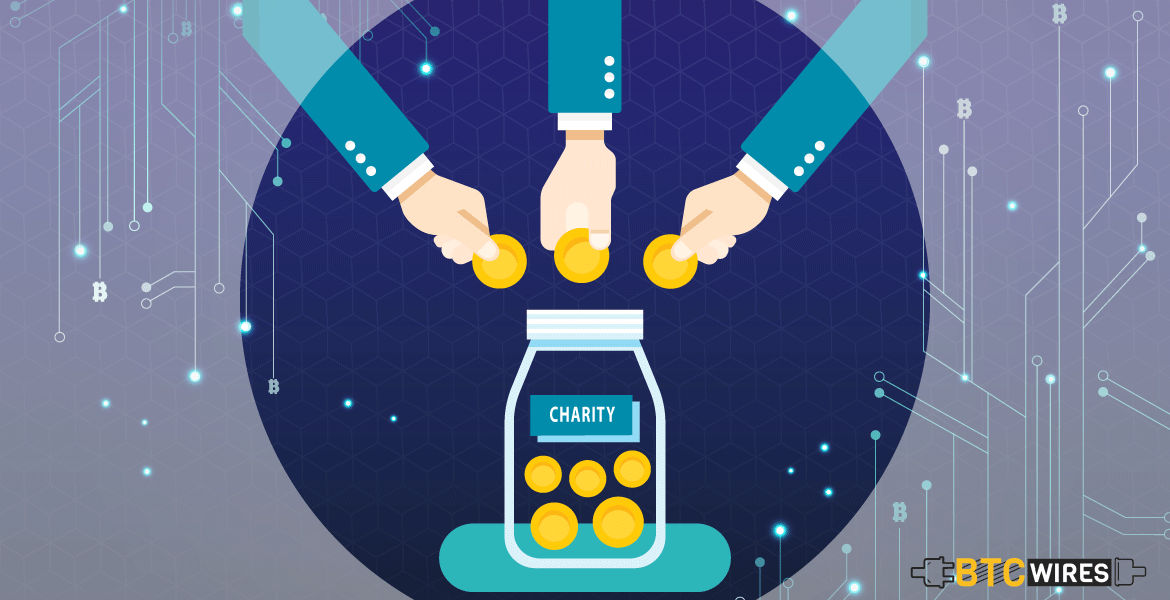
A cryptocurrency is a new form of digital money that has no links to a government or central bank. The technology that makes it possible is the blockchain. The blockchain is a revolutionary new type of ledger for the transactions that are owned and maintained by all the members of the system instead of being controlled by a single authority.
Both cryptocurrency and blockchain technology have some captivating features which could leave a significant impact on charities as well as charitable giving. In this series of questions, you will be able to explore what this impact might be.
Q1> Can you donate crypto for good causes?
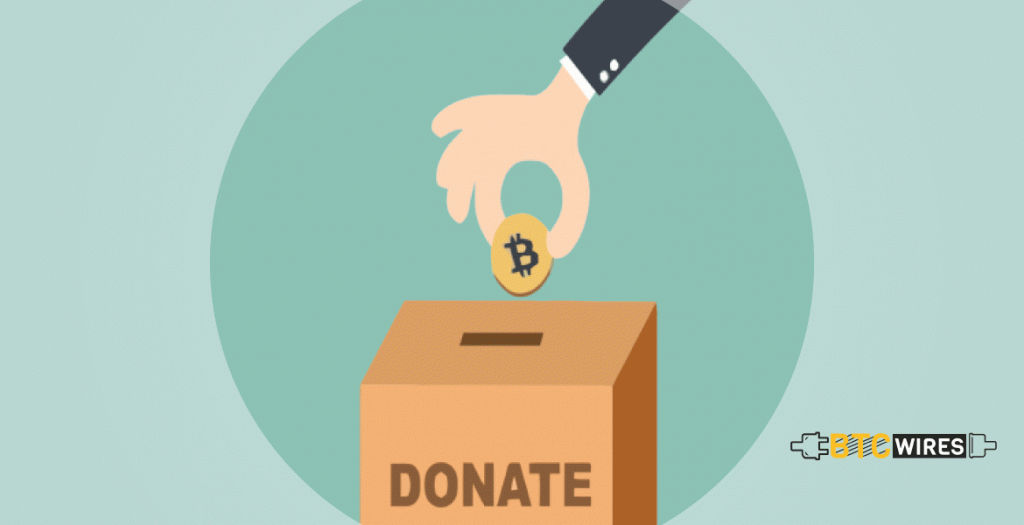
Not for profit! Organizations are dependably discovering new approaches to attract as much support as possible from the crypto community. Still, the demand is increasing.
Charitable giving lets investors help causes which they are passionate about. In case their crypto assets increase in value, then the donations can be utilized in some countries for eliminating the capital gains taxes which they would need for paying on the appreciation.
As per the report by Fidelity Charitable, the year 2017 was a record year for crypto donations. This firm received nearly $69 million in cryptocurrencies like Bitcoin and said that this was almost ten times higher than the year before.
Q2> Could cryptocurrency be mined for charity as well?
Many charities have been finding this concept with success. Over the 59 days from the beginning of 2018, UNICEF took an initiative called Game Chaingers that was aimed at inspiring young aspirants to do something good for the society.
The children’s charity engaged to people with potent graphics cards in their PCs, like gamers, to utilize their leisure computing capacity to mine Ethereum.
More than 12,000 PCs were stored amid the appeal, and a sum of 85 ETH was raised. The total funds went towards helping the children who got affected or displaced by the Syrian civil war.
For charities, This can be an approach to attract supporters who may not have to make a financial contribution, but still wish to help.
However, these schemes aren’t necessarily suitable, as mining can turn out to be energy intensive and, in some cases, harmful to the environment. This means that the charities walk a fine line in doing more harm than good. UNICEF bothered about its initiative which didn’t result in additional electricity usage by preventing participants from racking up the hefty bills.
Q3> How can you know donations are properly in use?
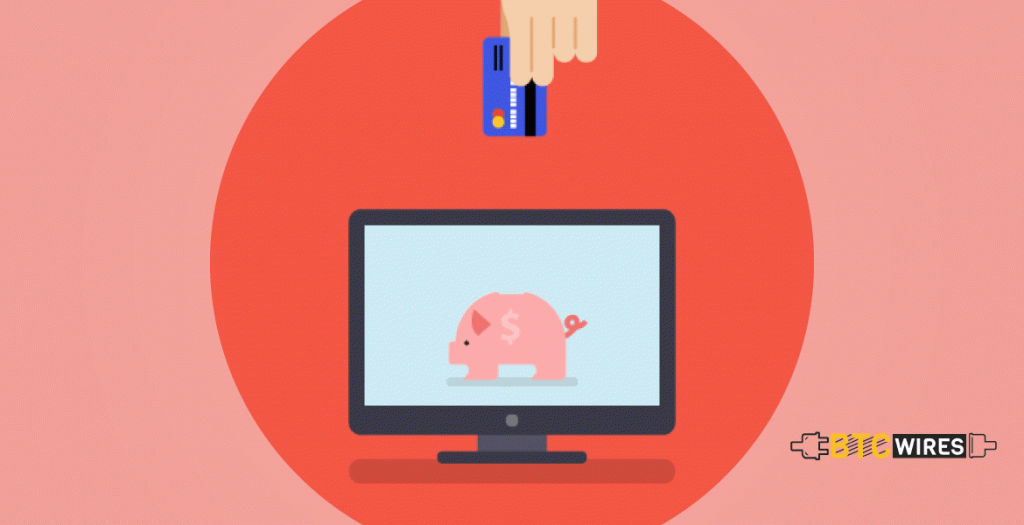
Although scandals have hit the confidence in the charity sector, yet blockchain, as well as the cryptocurrency, could improve the transparency and accountability.
Different from conventional charities, in which progress on certain campaigns can be hard to verify, blockchain in smart contracts can be used for making sure that the funds are only sent to an organization as soon as they prove their work is getting impacted. Failure to reach certain targets could result in donations being abolished.
Q4> Why do some people struggle to trust charities?
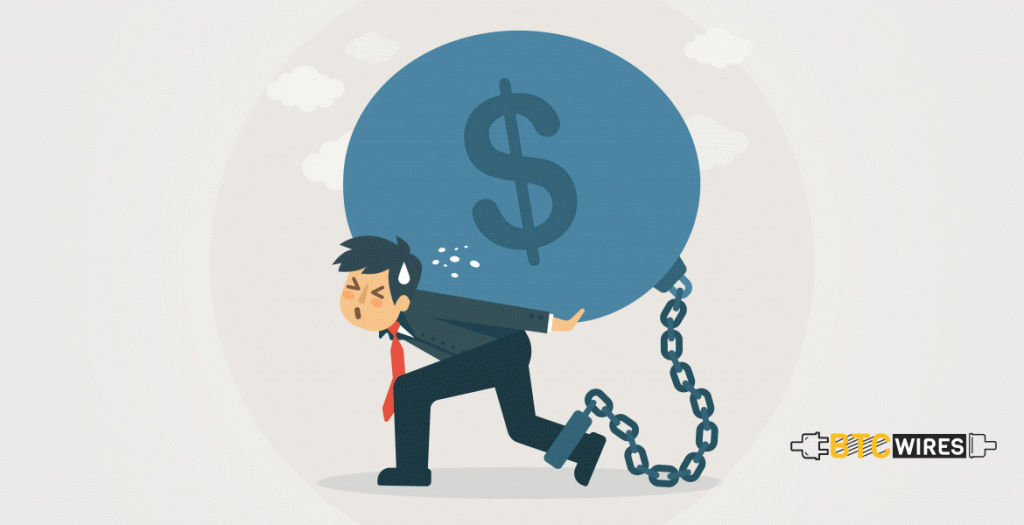
There have been continuous tales about the funds being misused by the charities, and other stories of organizations being too aggressive at the time they are trying to get the donations.
Indeed, corruption can be a daunting challenge for the aid organizations, and funds which are sent to poverty-stricken nations don’t usually reach the intended recipients. Some charities have even been accused of lacking transparency, either by failing to reveal how much money from the donations goes towards paying the staff or administration or by denying to disclose how much money they have in reserve. The amount that is rewarded to top executives has also angered donors in some cases.
Blockchain lets the finances to be audited publicly to make sure that the charities remain accountable. The decentralized nature of blockchain eliminates the banks allowing funds to be sent directly to those in need without a third-party.
Q5> Is blockchain capable of cutting admin costs for charities?
Currently, the act of fundraising and the administration itself are the two biggest costs for the charities. Charities, through blockchain, has the potential to cut the transaction fees linked with accepting payments from the donors and transferring the amount to those in need. This is proven helpful in maximizing the impact of the funds they have raised, particularly when transactions are taking place globally.
Rather than creating their platforms to accept donations and generate awareness, blockchain companies have developed APIs that can not only be customized but also adopted by the smaller non-profit organization to help them for expanding their outreach and spend less amount on developing the technical infrastructure.
Q6> Transparency with charitable payments benefits to whom?
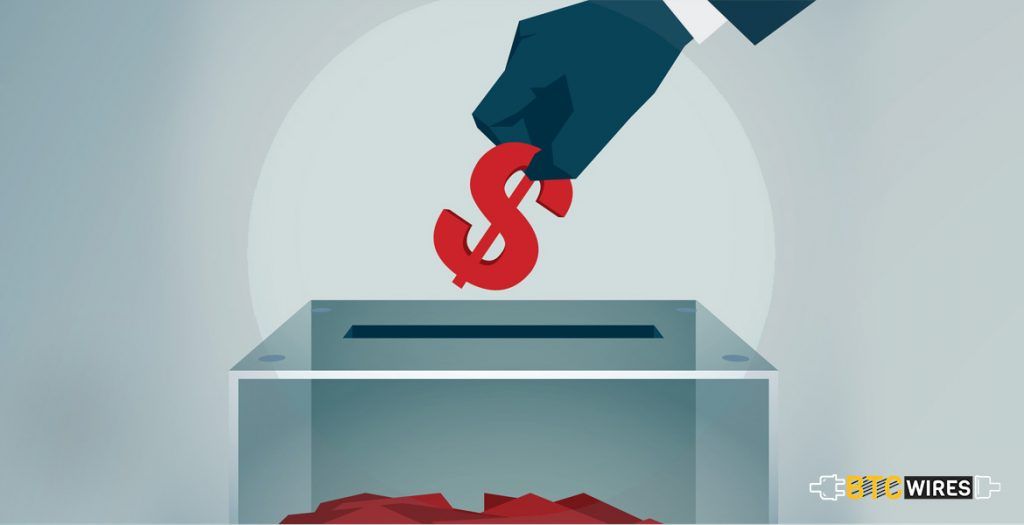
And the donors with peace of mind that their money is being utilized for the good cause, it could also make sure that charities are not cut off unnecessarily from their funds.
In 2017, the Charity Finance Group of UK unveiled that more than 300 charities had their funds cut off immediately after being accused of getting involved in illegal money flows.
Usually, this happened because they were attempting to send help to the people in need in countries where terrorism is on the rife. Their accounts were closed by the banks as they were afraid of attracting charges for failing to prevent terrorism from being funded.
Blockchain makes way for a clear record of money that’s going in or out of an organization to be recorded on an immutable public ledger.
Q7> How are “for-profit” blockchain platforms giving back?
So many companies have opened up their foundations with the aim of giving back to the community with an accent on educating people about the blockchain.
For instance, platforms like Coins.ph have propped their social responsibility credentials by trying to help unbanked adults in developing economies for gaining access to the bank accounts as well as other services via Blockchain.
Hope the above list of questions helped you understand blockchain for charity better. And you know what? Blockchain for Payment has done a lot for people.

